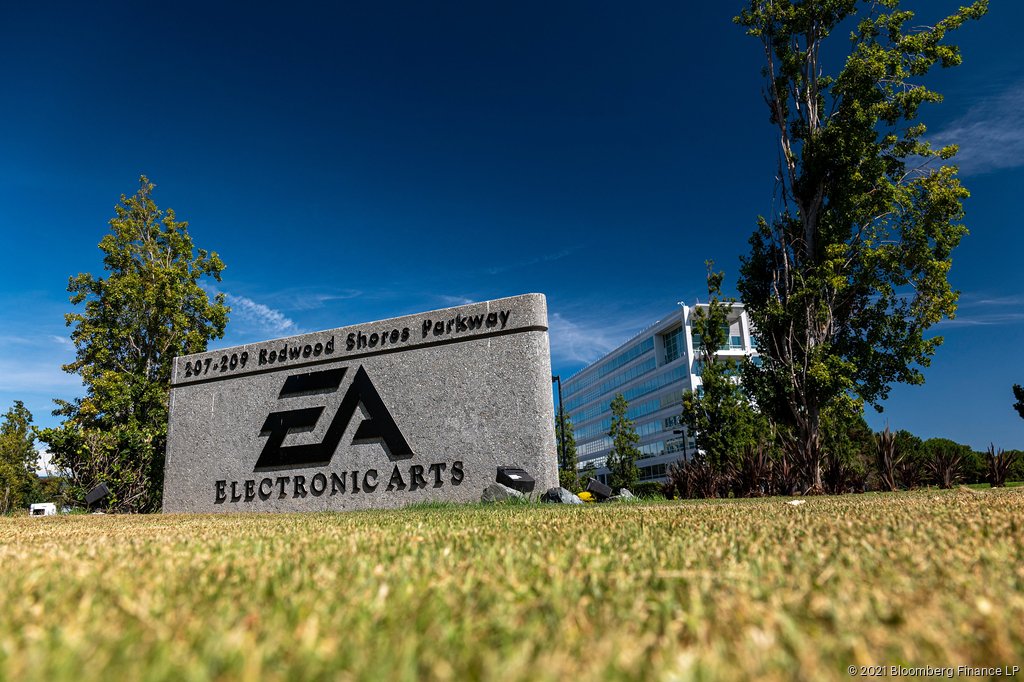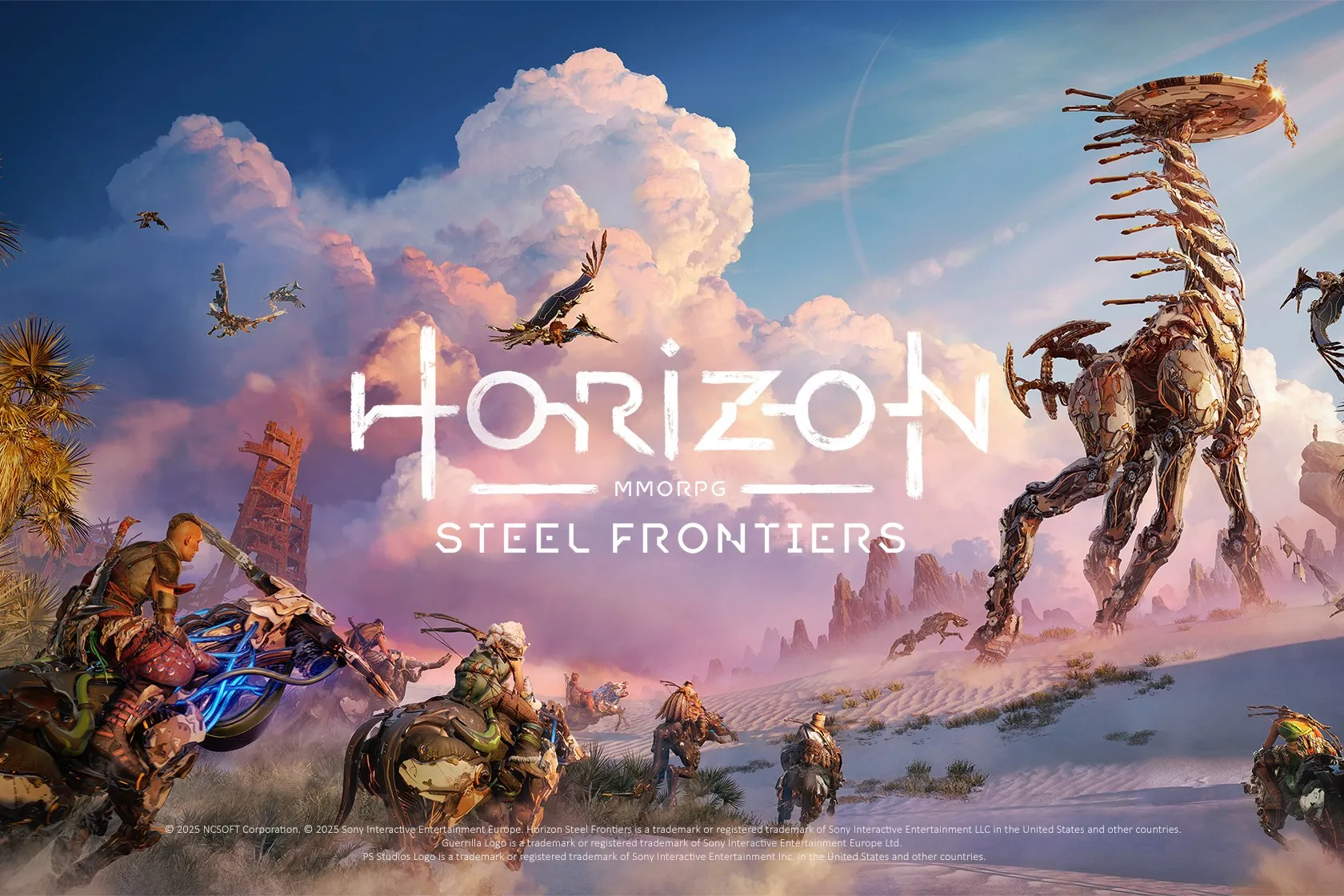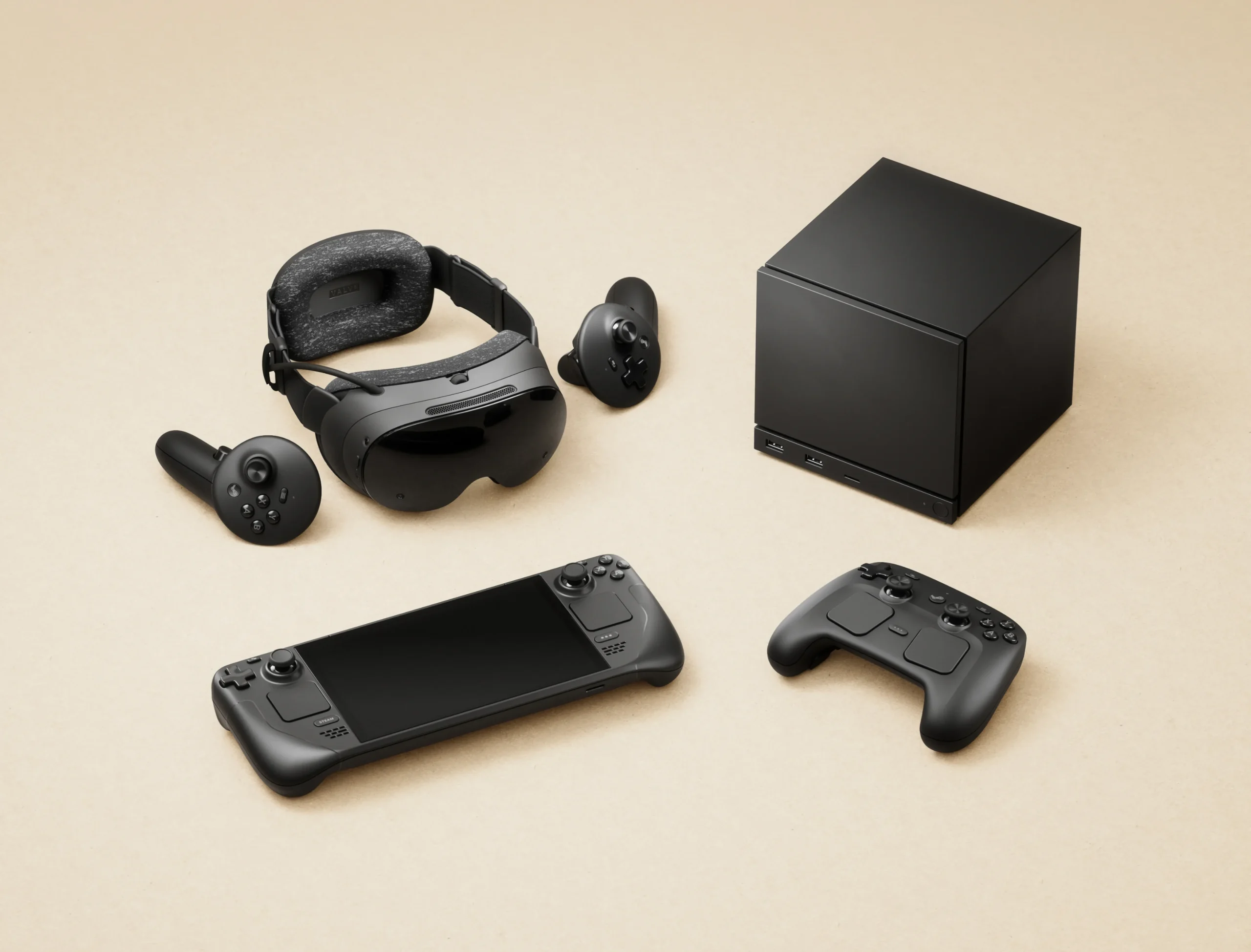Electronic Arts is leaving the public markets after striking one of the largest private equity deals in history. On September 29th, 2025, the gaming giant announced a $55 billion all-cash agreement to be acquired by Saudi Arabia’s Public Investment Fund (PIF), Silver Lake, and Affinity Partners, the investment firm founded by Jared Kushner. Once the transaction closes, EA will become privately held, with longtime CEO Andrew Wilson remaining at the helm.
Under the terms of the deal, EA shareholders will receive $210 per share in cash, representing a 25 percent premium over the company’s stock price before reports of the acquisition surfaced. The consortium will finance the purchase with roughly $36 billion in equity, which includes PIF rolling over its existing 9.9 percent stake in EA, and an additional $20 billion in debt financing provided by JPMorgan Chase. EA’s board has already approved the deal, which is expected to close in the first quarter of the company’s 2027 fiscal year pending shareholder and regulatory approvals. Once finalized, EA will be delisted from public exchanges and operate as a private company.
For Wilson, the shift to private ownership is an opportunity to move away from the short-term pressures of the public market and focus on long-term growth. In a statement, he emphasized that the buyout recognizes EA’s “creativity, innovation, and passion,” while positioning the company to deliver “transformative experiences” for players around the world. He also reassured employees and fans that the company’s mission to “Inspire The World To Play” would remain unchanged, despite the shift in ownership structure.
The historic scale of the transaction has drawn both praise and concern. Investors welcomed the premium being paid to shareholders, but analysts have noted that the combination of new debt and private equity oversight could put pressure on costs and profit margins. At $55 billion, the deal represents the largest all-cash leveraged buyout ever attempted, underscoring both the appetite of sovereign wealth funds for major entertainment assets and the challenges public game publishers face as they compete in a changing industry.
The timing comes as EA navigates a turbulent period. Several recent titles underperformed, the company has reported layoffs, and it continues to restructure its portfolio around live services and long-running franchises like FIFA, Madden, and Apex Legends. Going private may give EA more flexibility to invest in artificial intelligence and new game technologies without the constant scrutiny of quarterly earnings.
Still, questions remain. Because PIF is Saudi Arabia’s sovereign wealth fund, the deal is likely to face heightened regulatory review in the United States and Europe. Critics have also raised concerns about the influence of new ownership on EA’s creative direction, with some industry observers warning that private equity priorities could clash with the company’s development culture.
If approved, the deal will fundamentally reshape one of gaming’s biggest publishers, taking EA off Wall Street after decades as a publicly traded company. For now, Andrew Wilson remains in charge, steering EA into its next era with fresh backers and a private balance sheet.





